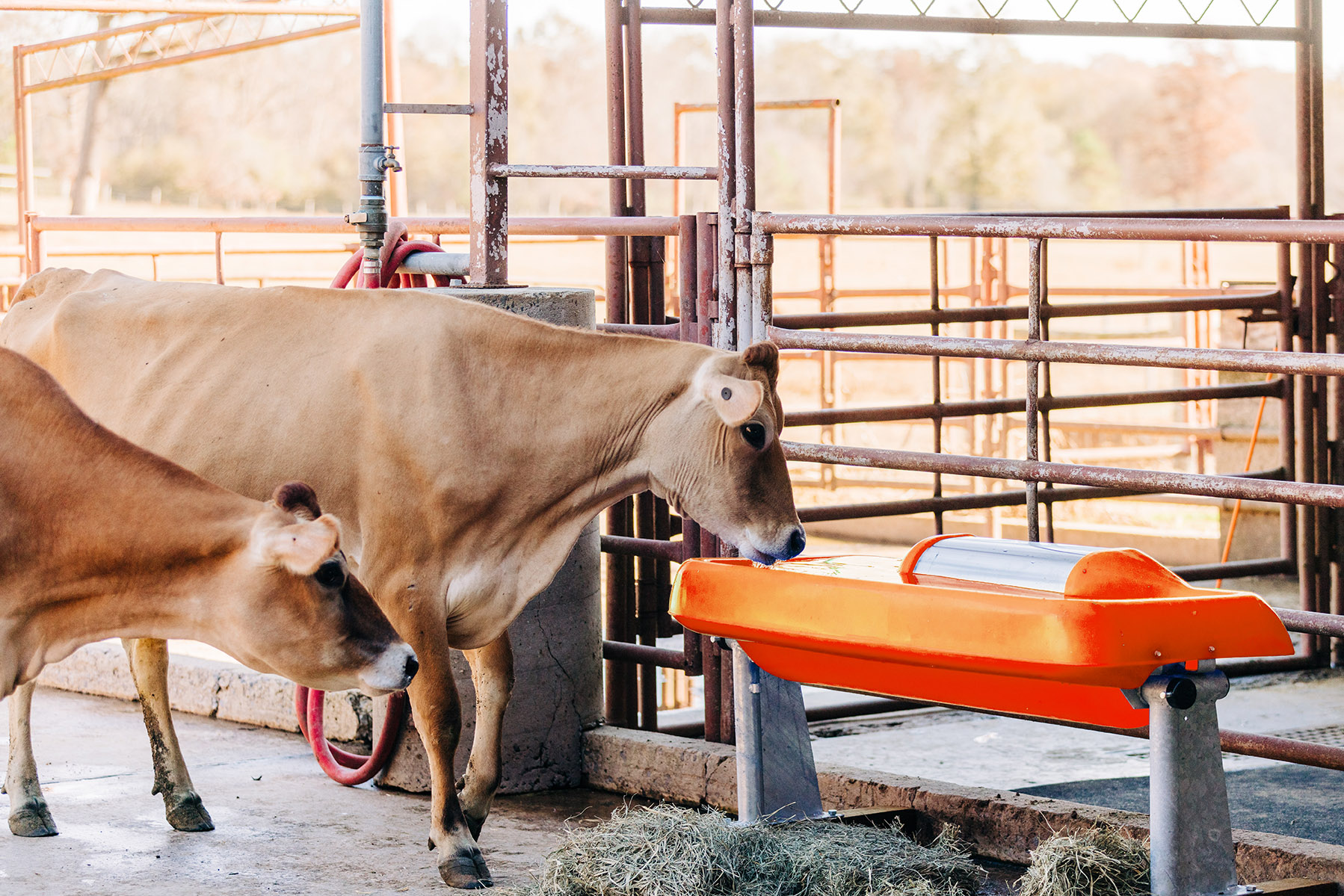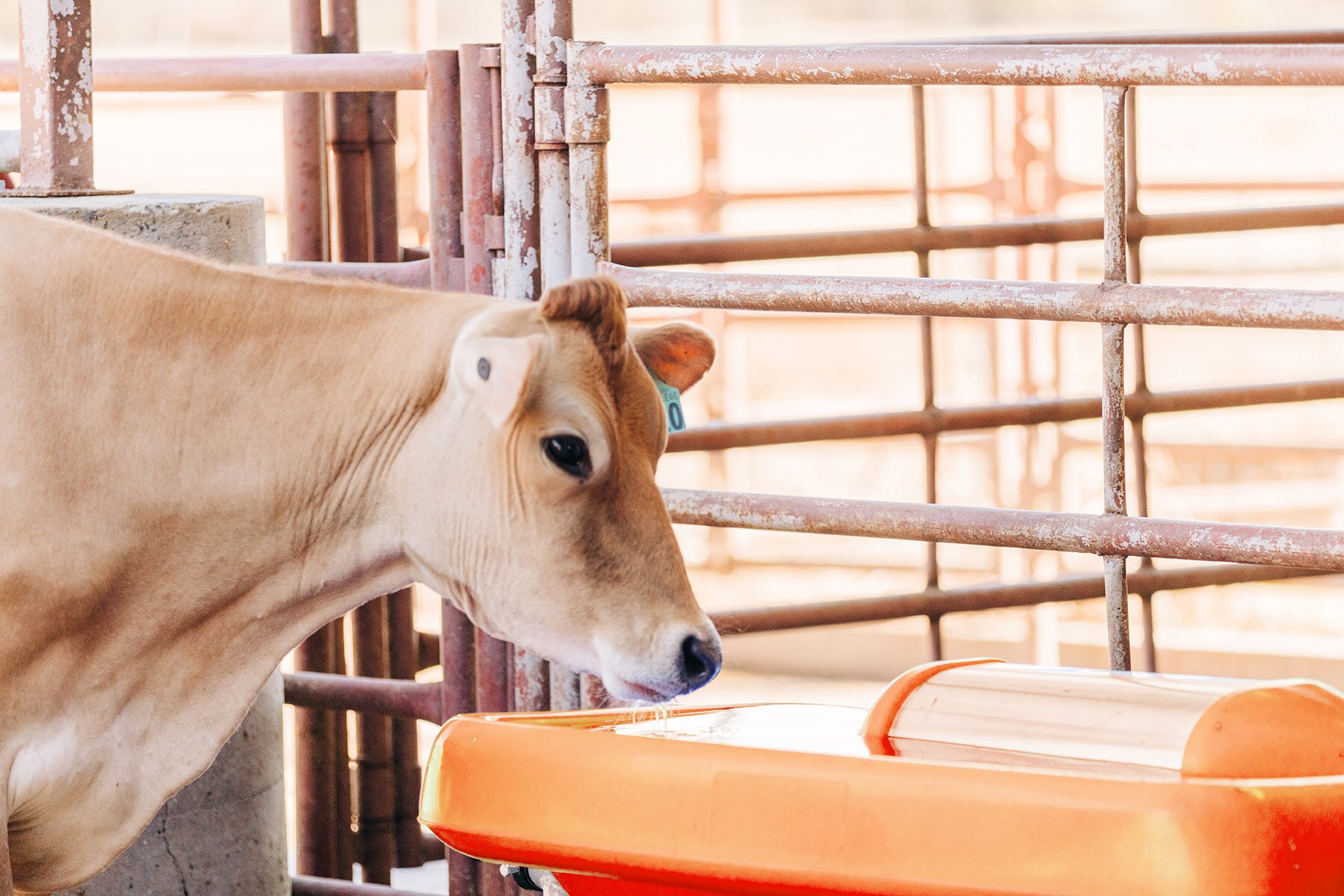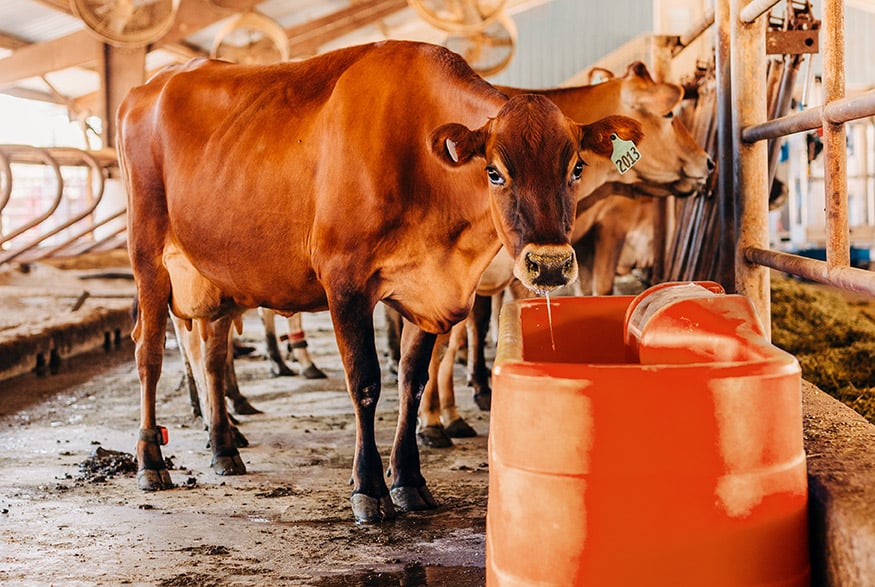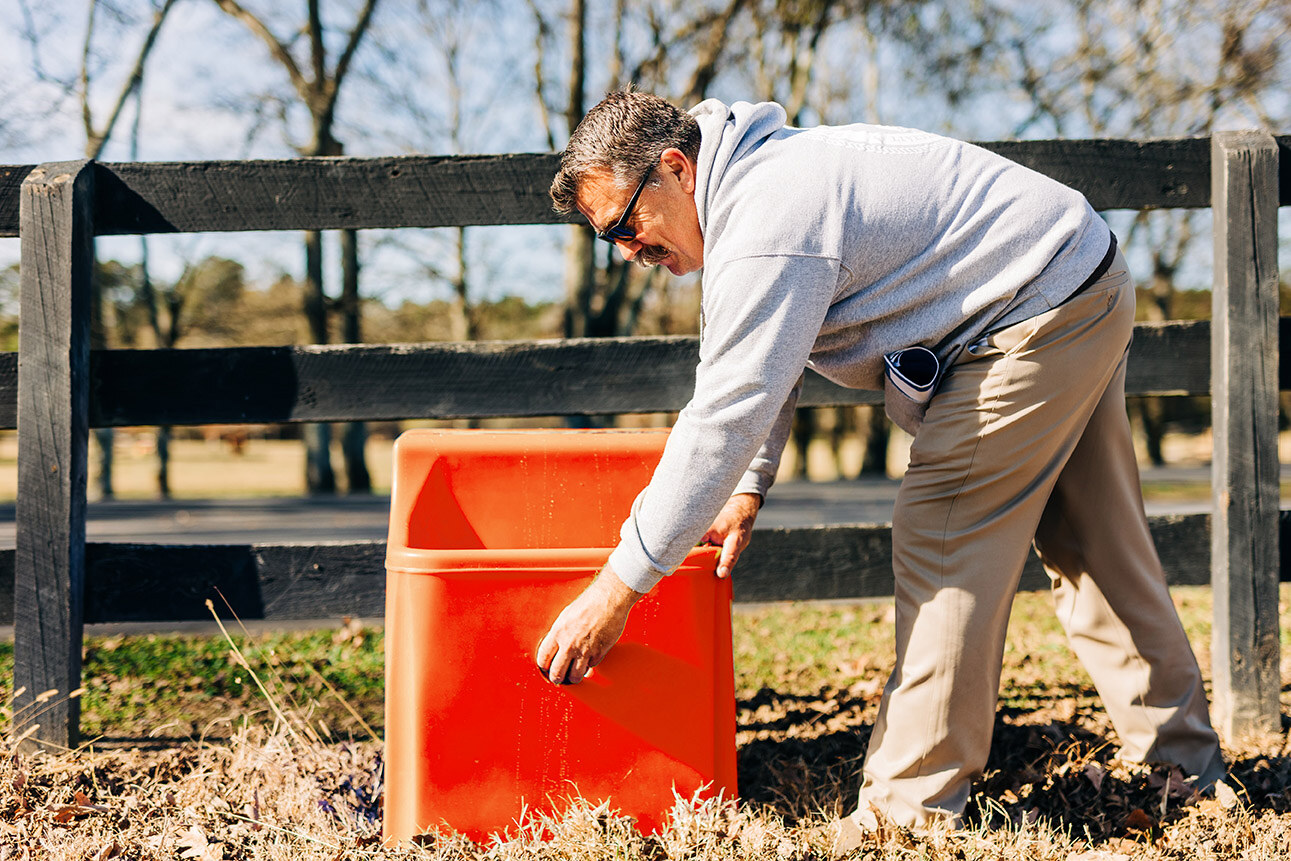Learn about the key ways to ensure your livestock stays hydrated and the importance of proper hydration for animals like cattle and horses.
Understanding the Importance of Hydration for Livestock
Livestock, such as cattle and horses, require proper hydration to maintain good health and overall productivity. Water is essential for various physiological functions in animals, including digestion, nutrient absorption, circulation, and temperature regulation. Without adequate hydration, livestock can experience a range of health issues and reduced performance.
Dehydration in livestock can have serious consequences, leading to decreased feed intake, weight loss, reduced milk production, and impaired reproductive performance. It can also compromise the immune system, making animals more susceptible to diseases. To ensure the well-being and productivity of your livestock farm, it's important to understand the importance of hydration and take necessary measures to provide them with an adequate water supply.
The Benefits Livestock Get from Being Hydrated
When livestock are properly hydrated, they experience several benefits that contribute to their overall well-being.
- Adequate hydration helps maintain optimal digestion and nutrient absorption, ensuring that animals can efficiently convert feed into energy. This, in turn, promotes healthy growth and weight gain in young animals and supports optimal body condition in adult animals.
- Proper hydration helps regulate body temperature in livestock, especially during hot weather or intense physical activity. Water acts as a cooling agent, allowing animals to dissipate excess heat through sweating and panting. By staying hydrated, livestock can better cope with heat stress and avoid heat-related illnesses.
- Hydrated animals have a healthier urinary system as water helps flush out toxins and waste products from their bodies. This reduces the risk of urinary tract infections and other urinary-related issues. Additionally, proper hydration supports healthy milk production in lactating animals, ensuring adequate nutrition for their offspring.
Providing Access to Clean and Fresh Water Sources
One of the key ways to keep livestock hydrated is by providing them with access to clean and fresh water sources. Livestock should have continuous access to water throughout the day, as they have high water requirements to meet their metabolic needs.
Water sources should be clean and free from contaminants. Regularly check and clean water troughs, buckets, or automatic livestock waterers to ensure they are free from algae, debris, or any other substances that could compromise water quality. Algae growth in water can not only affect taste but also pose a health risk to livestock.
Regularly monitor water sources and ensure that they are always filled with fresh water. During hot weather or periods of high activity, livestock may consume more water, so check water levels frequently and refill as needed. Additionally, consider using water trough heaters or electric waterers in colder months to prevent water from freezing and ensure constant access to water.
By providing clean and fresh water sources, you can help ensure that your livestock stay adequately hydrated and maintain good health.
Monitoring Water Intake and Hydration Levels
Monitoring water intake and hydration levels in livestock is essential to ensure they are getting enough water to meet their needs. Keep track of the amount of water consumed by each animal or group of animals daily. This can be done by measuring water levels in troughs or using water meters.
Signs of dehydration in livestock include dry and sunken eyes, dry nose and mouth, reduced urine production, increased respiratory rate, and loss of skin elasticity. If you notice any of these signs, take action to provide the necessary hydration to the affected animals.
In addition to monitoring water intake, consider environmental factors that can affect hydration levels. During hot weather, provide shade and adequate ventilation for your livestock to prevent heat stress and excessive water loss through sweating.
Regular monitoring of water intake and hydration levels will help you identify any issues early on and take appropriate measures to keep your livestock properly hydrated.
.jpg?width=1080&height=720&name=Tusker%20Livestock%20Water%20Tanks%20Energy%20Free%20(1).jpg)
Utilizing Automatic Livestock Waterers for Efficient Hydration
An automatic livestock waterer can be highly beneficial in ensuring efficient hydration for livestock, such as cattle and horses. These waterers are designed to provide a continuous supply of clean and fresh water to animals, reducing the need for manual filling of water troughs or buckets.
One of the advantages of automatic waterers is that they can prevent water contamination. The constant flow of water prevents the buildup of algae, as well as deters pests from breeding around the waterer.
Automatic waterers also reduce water wastage by minimizing spillage or overflow. They are designed to provide water in a controlled manner, allowing animals to drink at their own pace without excessive water loss. This not only ensures efficient hydration but also helps conserve water resources.
Furthermore, automatic waterers can save time and effort in water management for livestock farming. They eliminate the need for frequent manual refilling of water sources, especially in large-scale operations. This allows farmers to focus on other important tasks while ensuring that their livestock have constant access to water.
Utilizing an automatic livestock waterer can enhance hydration efficiency for your livestock and simplify water management on your farm.






